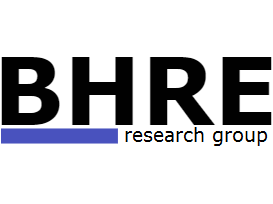The International Working Group for Ethical Public Procurement writes to MEPs
/The International Working Group on Ethical Public Procurement (IWGEPP) has written to EU Members of Parliament in the context of the reform of the EU Public Procurement Directives, calling for the Parliament to support the strengthening of labour standards and sustainable development in this process.
The EU spends approximately €2 trillion annually (15% of GDP) on public procurement. While essential for public services, these supply chains often pose risks of human rights violations and environmental harm. A revision of procurement directives should ensure that public funds promote fair competition, strong labor standards, and sustainable procurement. They should seek to reduce supply chain risks while driving economic development within the EU and other producing countries.
To achieve this, the IWGEPP has outlined the following key priorities:
Alignment with international frameworks for human rights and labour standards
Demanding human rights and environmental due diligence
Moving away from the lowest price criteria
Enhancing SME and Social Economy Actors participation
Strengthening knowledge exchange and capacity building
The full letter is available here.
The International Working Group on Ethical Public Procurement (IWGEPP) is collaboration between representatives from public contracting authorities, governmental bodies, academia, multi-stakeholder initiatives, and NGOs from several countries. Our mission is to integrate socially responsible public procurement into procurement processes worldwide. It serves as a hub for public buyers, policymakers, procurement practitioners, NGOs, and scholars to share best practices, explore collaborative initiatives, and promote innovation in responsible procurement. For more information visit International Learning Lab on Procurement and Human Rights




